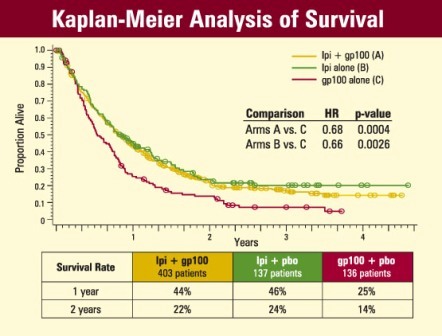Would you and your loved ones like to fight cancer and fulfill your dreams? Have you reached your milestones yet? Here are some suggestions offered by Nekar Lo, a terminal cancer patient who is in his eighth year after his melanoma diagnosis.
 Mental changes
Mental changes
1) Don’t believe everything you heard especially on how long you are going to live. Nekar was told to have 6 months to live, but he chose to fight the cancer and is still living today, 5 years after his diagnosis of Stage 4 melanoma. “I told myself I need to live on because I want to attend my son primary graduation, high school graduation and then university graduation…”, Nekar said.
2) Don’t fight the cancer alone but get the support from friends and family members. Encouragement, support and compassion will be the key source of energy to fight the cancer.
3) Be happy and grateful. The best medicine to fight cancer is not chemo- or targeted therapy, but be joyful and grateful. “After the initial shocks wear off, I did not continue to ask why I have this disease. I understand God want me to send the messages to people around me to treasure their lives and love their family and neighbors”, Nekar added.
Diet Changes
1) Drink oxygenated water. Dr. Otto Warburg, a two-time Nobel Prize winner for research, found results that suggest oxygen deprived cells are more likely to become cancerous. Therefore, having cells with enough oxygen is important to prevent cancer.
2) Eat organic food to avoid pesticides and chemical residues.
3) Dink freshly squeezed juices such as apple, tomatoes, carrots and red beets juice. These fruits contain loads of minerals and vitamins and will boost your immune system to fight cancer.
4) Eat raw vegetables to get antioxidants and enzymes to get rid of toxin and free radicals.
5) Consume allalkine food and drinks such as eggplant, lemon-tea, prune juice and “vegetable soup”. Chinese herbalists believe that cancer arise because our body is overly acidic. Eating alkaline food can neutralize the acidity in the body and fortify our immune system to fight the cancer cells.
The “Vegetable Soup” is a coolant invented in Japan during the late 60s. The product contains 5 ingredients: burdoch turnip, carrot, turnip keaf and mushroom and has been shown to strengthen the immunity. www.vegetable-soup.com
Lifestyle Changes
1) Go to bed before 11:00pm every night. Liver is most active around 11 to 12 pm in detoxification.
2) Turn your light off when you go to sleep.
3) Get involved in making decisions about your future medical therapies and lifestyle changes, but be ready to make compromise with your caregivers. Getting involved in decision making will make you feel empowered, but “going it alone” will create stress with your caregivers.
*Please note the above suggestions are not supported by any clinical study.
Visit us at healthreason.com for more cancer articles like this.
Filed under: Cancer, Melanoma | Tagged: Alternative, Cancer, Diet, Lifestyle, Melanoma, Stage IV melanoma, Survival | Leave a comment »
 This is not only good news for all prostate cancer patients, but is also good news for all cancer patients.
This is not only good news for all prostate cancer patients, but is also good news for all cancer patients. 








